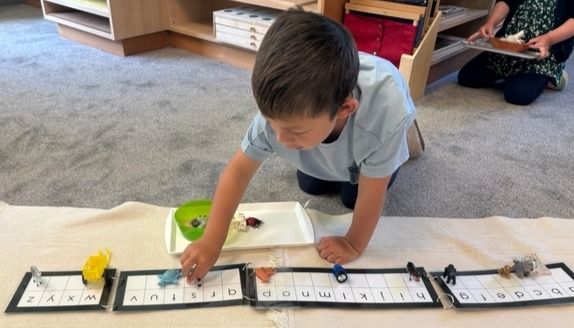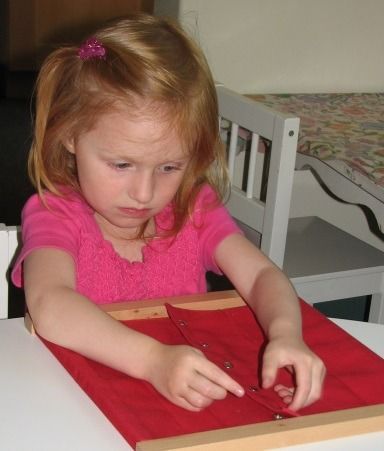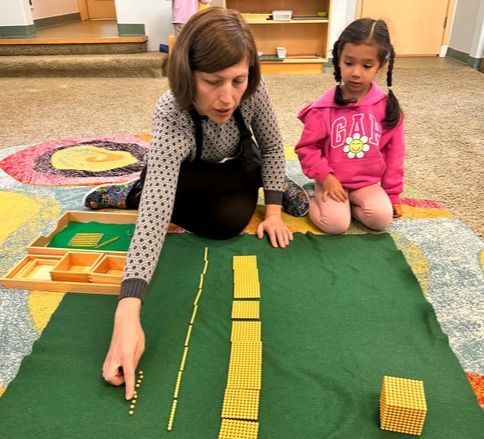Montessori
Why Montessori?
Montessori is not just education - it is a transformative experience that helps your child to succeed, not just in school, but in life.
What You Need to Know
Why MontessorI?
Here Are Some Key Reasons Why
-
Montessori Meets Children Where They Are, Without Judgement
Conventional methods of education were developed specifically to prepare large numbers of children to enter the workforce. Traditionally, little thought has been given to differentiating instruction or catering to the needs of individual children. That has been changing in recent years, but many schools are still in the early years of personalizing education.
Montessori schools are specifically designed to allow individual children to move at their own pace. We know that learning is not linear, and that children are not ready to learn specific skills according to an adult-prepared timeline, or in perfect harmony with their peers. Children who need more support with certain skills get that support, and those who are ready to move ahead are able to find the challenges they crave. We do not teach a whole class of children the same skill at the same time. While this may seem more efficient from the perspective of an adult tasked with teaching, it’s not necessarily what serves the children the best. No two people should be expected to grow at the same rate, and it’s our job as educators to meet children where they are and give them the support they need to get where they want to be.
-
Montessori Builds Community
A Montessori school is more than just a school - it is a community. Students remain at the forefront for everyone, but the school also develops connections with families and educators, working together as a partnership for the students.
Community is also built through gatherings, such as Parent Education, whole school events, and Parent/Teacher Collaboration. This allows parents and teachers to have ample time to discuss each student’s needs. It also allows families to form relationships with one another and for our teachers to form connections within the school community.
Montessori education also strives to give back to the larger community through service learning. This can include food drives, clothing drives, spending time with the elderly, and more.
-
Montessori Builds Lifelong Skills
Montessori education prioritizes developing critical life skills such as problem-solving, collaboration, and emotional intelligence—essential tools for success in today’s world.
-
Montessori Education Focuses on Holistic Development
Dr. Maria Montessori developed a method of education that is based on a deep respect for, and understanding of, children and their developmental stages. After graduating from medical school and practicing medicine, Dr. Montessori studied, researched, and learned about children's innate ability to learn beyond what was acknowledged at that time. She developed the term "Absorbent Mind" in reference to children's abilities and interests in learning about their world through hands-on didactic materials. Through this learning process, children develop independence, confidence, and community.
-
Montessori aims to lift up humanity
We know. This is quite the lofty goal. From the very beginning, Dr. Montessori saw it as her mission to improve the world through education. She believed that by giving children the honor and respect they deserved, the benefits would trickle through to families, the community, and society in general. She believed in the equality of all people and saw that education has the potential to be a great leveler.
Montessori schools aim for peace. This starts between individuals and involves teaching our youngest students how to be kind and gracious toward one another. Another important aspect of our work is having great respect for the environment and other living beings, as well as a reverence for the wide diversity of cultures around the globe. Combined, these elements are meant to cultivate children’s respect for themselves and others, as well as a desire to ensure connection and fairness for all.





